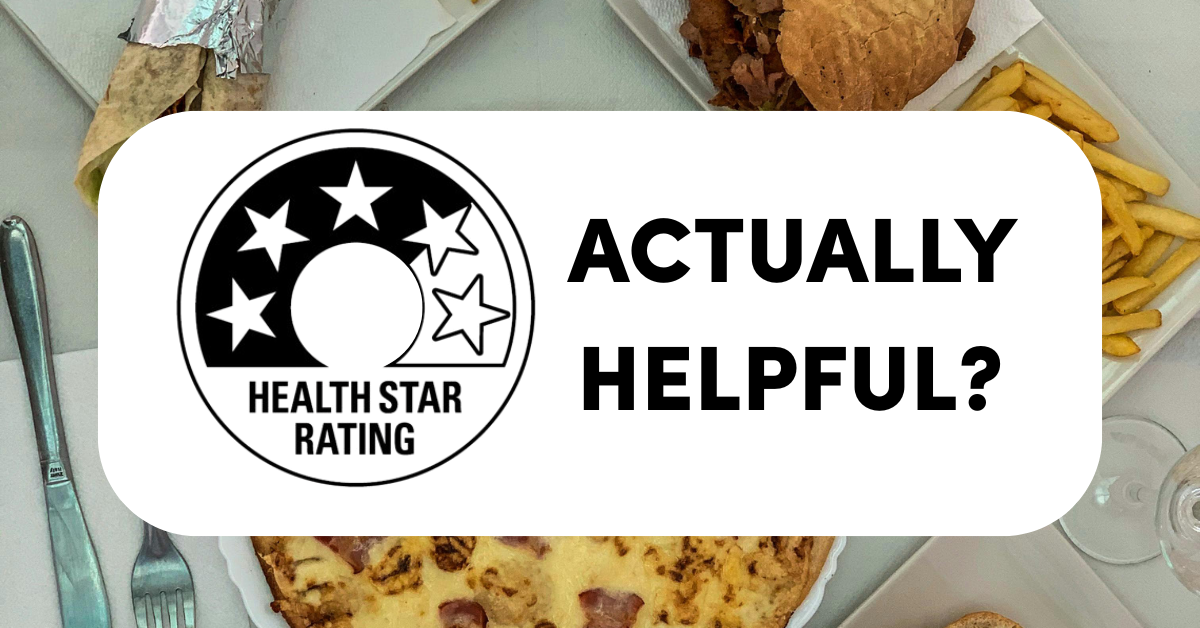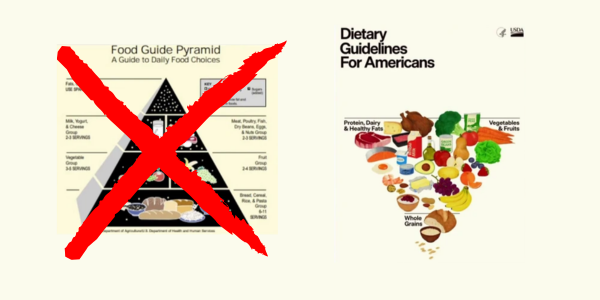



The Nutrition Academy runs a course on the microbiome – 10 modules, teaching you the fundamentals all the way up to the latest in research.
When I did my nutrition degree at Deakin University, there was no course offered in microbiology as part of my degree. I had to go to another university to do a subject on it as part of an anatomy degree, but still there was no talk of our guts’ teeming colony of microbes.
The first inkling I had of it was when I picked up The Body Ecology Book by Donna Gates, first published in 1994. At first, I thought it was another gimmick diet but as I read through it, I realised that it wasn’t a gimmick but rather part of our development, history and evolution. This excited me.
When I began consulting as a Nutritionist (1980’s) the amount of gut issues in my clients was minor; it was a matter of changing a diet from the SAD (Standard Australian Diet) to a real food diet and most people got better. But as the amount of antibiotics, medications, agricultural chemicals, toxins and food additives increase in our daily lives, the more gut issues I’m seeing. In the US, it’s thought that over 75% of the population now have gut issues.
This of course has propelled us to learn more about the gut and the living organisms that dwell within. Although there were rumblings about the microbiome and microbiota from the middle of last century, the true understanding did not start till early this century. Twenty years on and our knowledge is growing exponentially.
While the scientists dive into the individual species and what they do, which is really interesting, I want to understand more about the overall impact of the micro-organisms that we cannot live without.
Recently I listened to a lecture by Rodney Dietert, professor Emeritus at Cornell University, on the ‘Human Super Organism’. His definition of the microbiome is “the name given to the mixture of trillions of bacteria, viruses, archaea and fungi that inhabit and live in or on our body. They make up a majority of the cells and genes in our body and are our co-partners in life that control our childhood development as well as instigating health, metabolism and immunity. With them in place, humans are whole, without enough or the right kinds of these microbes our bodies are dysfunctional and likely to be burdened with one or more chronic diseases.”
Dr Dietert says we walk around literally in a microbial cloud and those microbes filter the environment external to us. In some ways they help to define what is outside of us.
This is where is gets interesting.
If we are 90% microbe and 10% human genetics, and we live a symbiotic life with our bugs that make metabolites, like vitamins, amino acids, short-chain fatty acids, transfer minerals, help our immune system by being a barrier (colonisation resistance) to other bugs like SARS CoV-2 (corona), then safety and toxicological testing of medicines, chemicals and food additives should be done with this in mind. But guess what? It’s not.
The guidelines for safety assessment of medications, agricultural chemicals, skin care chemicals, vaccinations, food additives, industrial chemicals (all 88,000 of them), are all done on mammalian cells, not microbes. For instance, you always read about rat or mice studies or even primate studies when it comes to safety testing of chemicals and food additives.
Every niche and every opening in and on our body, every niche on planet earth and in her atmosphere has microbes; we are and we live in a sea of microbes, yet our safety assessment guidelines do not take this into account. The 1987 guideline for safety assessment is outdated.
Now that we know better, we can do better, but at this stage this knowledge is being dismissed and nothing has changed.
This means that every chemical, medicine, supplement, vaccine and food additive is not being properly tested with our microbiome in mind. Fifty per cent of all medications, over-the-counter and prescribed, affect the microbiome, including statins, NSAID’s, PPI’s, antacids, cardiac drugs and cancer therapeutics to name a few.
What Impacts our Microbiome?
Emulsifiers (a food additive) degrade the bacteria in our gut that make the mucous layer that protects the gut wall lining – without this protection there is a greater chance of metabolic disease.
Glyphosate (the active ingredient in Roundup) was said to be safe for humans but was never tested with the microbiome in mind. It is only now that we realise the full damaging effect of this ubiquitous chemical, not only on soil ecology but also animal and human ecology (microbiome). Its effects are devastating and that’s just one chemical.
With 88,000 chemicals registered as GRAS – generally regarded as safe – and thousands more coming onto the market, we have a real problem. When these chemicals are only being tested on the mammalian cell and not the microbiome then the whole health of animals, humans and the planet are being sacrificed by false data. When most chemicals are safe until proven otherwise and flood our land, food supply, water, medicines, supplements and skin care products, then we really don’t know how safe they are. I think this can sadly be seen by the health of the elderly, adults, children, animals, soil and the planet. This should be a wake-up call that something is not right.
Once we understand this, then as individuals we can make our own decisions about the medicines and supplements we take, the food we eat, how it is grown and processed, what we put on our skin and what cleaning products we choose to use. That way we don’t become part of a giant chemical soup experiment.
The microbes we live with are the gate keepers to our body, they are the first to be dosed with toxins and infectious diseases, they connect and protect and sense the environment and are part of our innate and adaptive immunity. Depending on your microbiome status, they can make an environmental chemical more toxic or protect our cells against that toxicity. This status determines whether a drug has efficacy and/or toxicity in a given human and can determine the physiological response to certain foods and supplements. To ensure your microbiome is hearty is an ingredient for good health.
Beginning life right is a great start. Natural birth, breastfeeding and nurturing immune maturation in the first 1000 days is a plus. Things that will stifle the expression of a healthy microbiome include birth delivery mode (c-section), non-breast milk feeding, antibiotic over reach in humans and agriculture, the processed junk food revolution, urbanisation (not enough interaction in the dirt and with animals) and archaic human safety and toxicology testing on drugs and food additives.
Precision medicine and diet is where we should be heading. This is where there is a tailored approach to disease prevention and treatment that takes into account differences in people’s microbiome, genetics, environments, antecedents and lifestyle. This in turn enables better prevention, diagnosis and treatment of disease. But the current model is not addressing this. There are protocols in place for heart disease, cancer, diabetes, autoimmunity, COVID-19 and AIDS, that do not take the individual into account, thus creating a myriad of adverse effects not intended by the treatment. After all, we are individuals and thus should be respected as that and not a cohort.
The Nutrition Academy teaches the principles to keep your microbiome healthy in order to protect you from non-communicable and communicable diseases. By learning about the microbiome in our 10-module course, you will be better equipped to know the innate intelligence that your body has in order to be healthy for your whole life span.



Our course is not like others you see online. It`s written by a well-respected biomedical scientist professor at the University of Tasmania and packed full of information from varying sources to educate you on a huge range of topics. To learn more, read about it on our website!
↳ follow the link in our bio

If you`ve ever turned to the internet for health advice and found yourself overwhelmed and bombed with contradictory advice that wouldn`t work for you in practice, turn off the noise. There`s a flexible, realistic and life-changing option for you.
Learn about being a locavore and get the opportunity to study more about ancestral eating, human anthropology and nutrition science with Cyndi O`Meara. Join us on Monday 23rd at 7:00pm AEST. Sign up here: https://us02web.zoom.us/meeting/register/v16VmuY1SSekNyO5btTbdA

Do you have Doctor Merriment, Dr Sleep and Dr Diet in your life?

Learn how to read labels, understand sneaky ingredient terms, what to look for on packaging and more with our Introduction to Nutrition course. Enrol now!
↳ follow the link in our bio

Everything we do, think, feel and believe impacts our body in ways we don`t fully understand. How do you integrate body, mind and spirit in your life?

Isn`t it interesting, all of the terms we have for things that go on in the background of our lives? We don`t ever go `oh, our body is doing hormesis right now!`, instead it just happens in the background. Do you know any other fun terms like this that you know?

Nothing saves you money more than good health - put money in your pocket with The Nutrition Academy. Learn more about how to improve and nurture your health with our courses. Check them out online.
↳ follow the link in our bio

Valentine`s Day is approaching and if you don`t have a present for your loved one yet, consider making them a high-quality, healthy Valentine`s Day treat. Nothing is better than a delicious, healthy and luxurious treat.

This short clip is from Cyndi`s `Will Being Vegan Save the Planet?` and it`s an interesting look at the world of artificial foods. Should humans be eating that? Should dogs?

Looking to spend less time on social media but still want to keep up-to-date about what`s going on with The Nutrition Academy? Download passion.io in your app store and search for TNA Hub, then log in and keep up with us there!

What do you want to start doing now, to make a brand new, happier and healthier, ending?

Carotenoids are what makes your plate colourful and protect your cells from damage. They`re just one block of what makes up a healthy diet.
